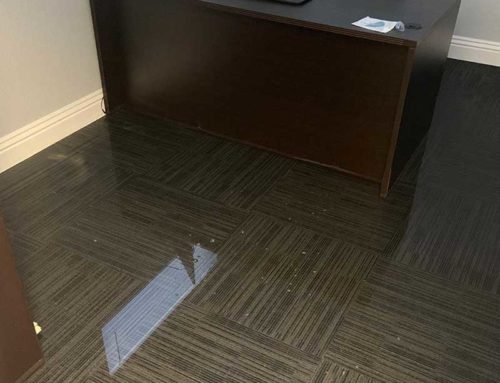Car accidents generally concern the driver that caused the collision to occur. However, there are times when the person who is liable wasn’t driving or even in the car at the time of the accident. If someone borrowed your vehicle and got in an accident, many times you will be liable. Here’s why:
Employee Drivers
If you’re an employer and an employee driving a company car gets in an accident, you are liable for damages incurred. However, this is only the case if the employee was operating the vehicle as part of his or her job. If the employee borrows a company vehicle when he or she is not working and gets in an accident, that employee is liable for damages.
Teen Drivers
Most states hold parents responsible for their children’s negligent driving, especially if the parents know the child is reckless or otherwise unfit to drive. This is known as “negligent entrustment,” and applies when you let an underage or unlicensed driver use your car. This also includes when a parent signs the child’s driver’s license application, with most states holding the parent accountable for any accidents. Some states also employ the “family purpose” doctrine, which holds the vehicle’s owner liable for any family member who drives the car and gets in an accident.
Elderly and Intoxicated Drivers
Liability absolutely falls on you if you let an intoxicated friend or family member drive your car, as this is another example of negligent entrustment. This is also the case if the vehicle is lent to an elderly driver who is unfit to operate the car. Although you are not the one driving, you will be held liable in these situations.
Ill and Previously Reckless Drivers
Allowing someone who is ill or otherwise has a condition that affects driving, such as falling asleep at the wheel, will result in liability on your part. You could also be liable if you lend your car to someone with a history of reckless driving.
Keep these examples in mind the next time someone wants to borrow your car or you may be requiring the services of an auto accident attorney. Know of other examples of vehicle liability even if the owner isn’t driving? Share them in the comments section!







